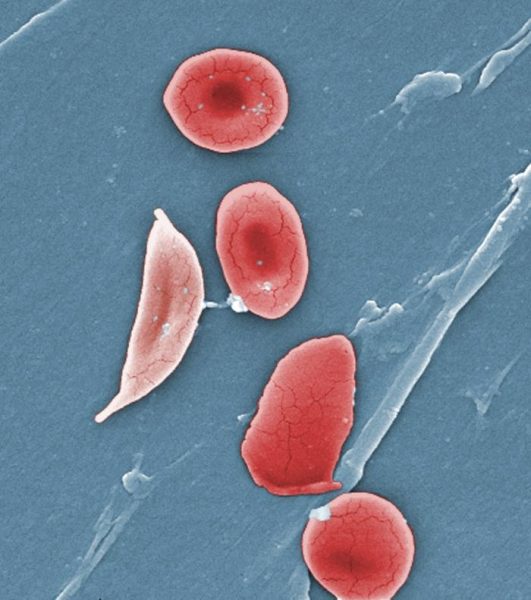
Mahmoud-Ahmed
The FDA approved for gene-altering therapies to be experimented on sickle cell patients.
The United States saw one of CASGEVY’s breakthroughs first hand this year concerning sickle cell disease (SCD). CASGEVY, a gene-editing technology, was approved by the FDA to start human trials for gene therapy on SCD patients ages 12 and older.

According to Dr. Jo Qian, a professor in biology at the University of North Georgia, CASGEVY is a branch of CRISPR-CAS9 that allows scientists to make precise modifications to DNA.
Qian stated that SCD is caused by a single amino acid, a protein in red blood cells that carries oxygen to the body’s tissue. A mutation in this protein causes the red blood cells to block blood flow, restricting oxygen delivery, resulting in intense pain and organ damage.
Patients with SCD benefit from CRISPR-CAS9 therapies, which involve surveying the patients DNA and modifying the affected gene to temporarily treat the disease.
Although CASGEVY has been treating and studying sickle cell patients successfully in the U.S. since 2023, CRISPR and the FDA hope that these new tests will provide a long term cure for SCD patients.
“Already being tested in clinical trials, CASGEVY has shown the potential to correct this mutation, essentially editing the DNA and potentially curing [sickle cell disease].” – Jo Qian, UNG biology professor
Other countries have also experienced innovations this year using CASGEVY.
Earlier this year, Japanese researchers made advancements with down-syndrome, successfully removing the extra copy of chromosome 21 in down-syndrome cells. However, the scientists said the procedure is not yet ready for human trials.
Another scientist in the Middle East also experienced a breakthrough with CASGEVY by successfully treating a sickle cell patient. The U.S. had been doing this for two years, but it was the first fulfilled treatment in the region.
On top of curing sickle cell disease, Qian reassured that gene therapy shows potential for treating inherited mutations, such as genes that cause breast cancer and ovarian cancer. Other CRISPR-based technologies target tumor DNA or modifying cells to enhance the body’s ability to fight cancer.